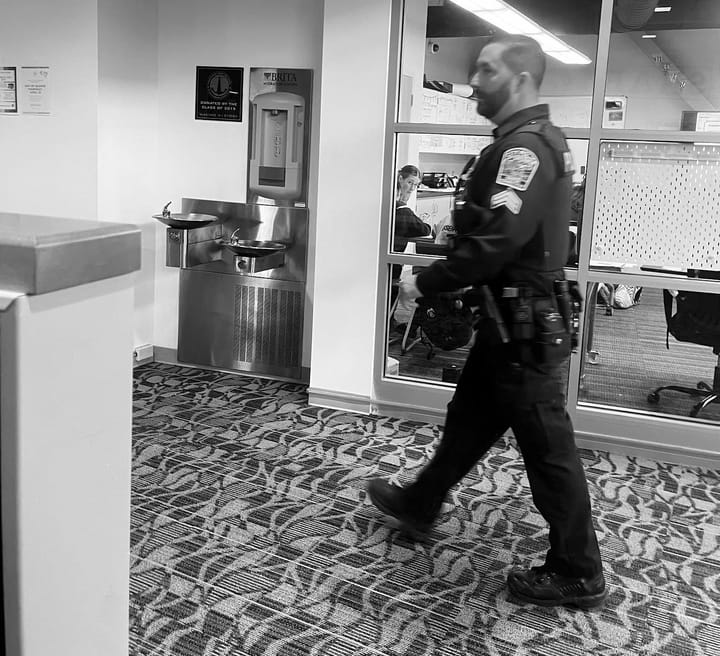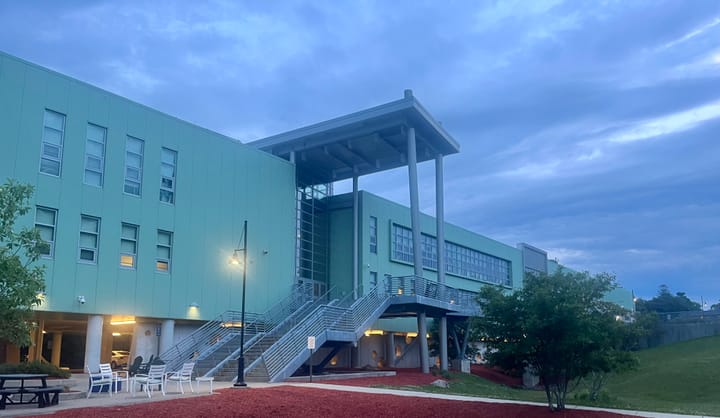Midyear weariness is hurting students' motivation in school.

It’s a long three months, this stretch of time from January to April break. And students are really starting to feel it. Weeks are longer, weekends pass by like minutes, school work is becoming more draining, the lack of an extended break is showing, and motivation is slowed. If you’re feeling this, don’t think you’re alone. This is called academic burnout.
The University of the People defines academic burnout as “a negative emotional, physical and mental reaction to prolonged study that results in exhaustion, frustration, lack of motivation and reduced ability in school.” This issue can lead to anxiety or depression, as well as diminished focus or creativity. MSMHS guidance counselor Ms. Schumacher describes burnout as “being overwhelmed or so busy with academics that you’re neglecting other areas of your life such as friendships, relationships, social activities, or even sleep.”
Just because MSMHS is one of the top schools in Connecticut doesn’t mean that students here can’t feel this too. Ms. Schumacher emphasizes the difficulty of this part of the school year. “March is a really hard time of year … There's no prolonged break, we don’t have long weekends. It’s just a full month of go-go-go.” Students across the grades have expressed similar sentiments, saying that they feel burnout because there isn't a break during these three months.
One student, who was interviewed anonymously, described their burnout as a feeling of constant tiredness and a lack of motivation, making schoolwork more difficult to manage. Ninth grader Jacob Walker agrees: “When you’re tired and lose motivation, work becomes harder to do, and sometimes I don’t even get it done.” Another student talked about how their efficiency of work went down. Throughout the school, a common theme appears: motivation goes down, fatigue increases, and overall performance declines.
Thankfully, the first step in addressing academic burnout is knowing and recognizing that it’s there. After this, the most important thing to do is find a way to create balance, incorporating schoolwork breaks into a routine. Studies by the National Library of Medicine have shown that a combination of exercise and time spent outdoors can reduce the stress associated with academic burnout. Spending time outside helps reduce psychological stress; this then improves attention and reduces fatigue. Open spaces and bodies of water magnify these effects, helping students to recover from exhaustion and burnout.

Finding a balance requires careful planning and consideration. In high-pressure periods, like the SAT or finals tests, give yourself a timeline and set realistic expectations to help lower the effects of academic burnout. Break up work into small chunks to make it easier to manage.
And, above all, know that your counselors can provide help. “We want to take a proactive approach to this issue, so if students are getting overwhelmed with work, we want to have those conversations on the earlier end, avoiding burnout as much as possible.” Ms. Schumacher says. So please, don’t think you're alone in this struggle. Academic burnout is a real and serious problem—but it's also one that can be addressed.






